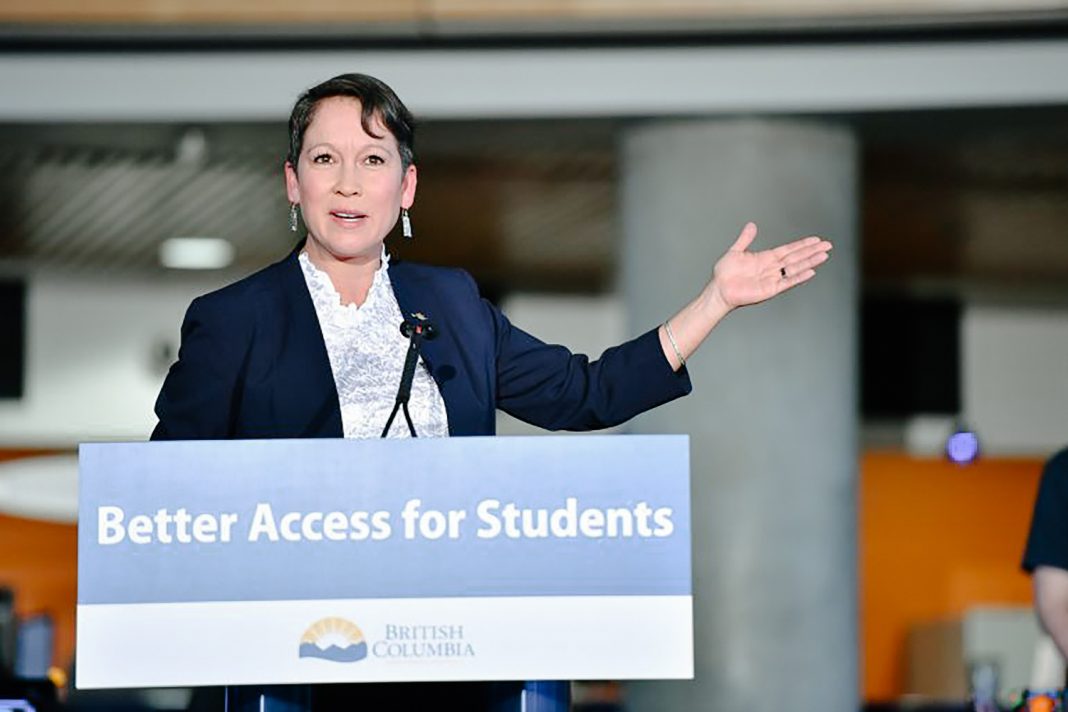By: Srijani Datta, Assistant News Editor
On July 23, minister of advanced education, skills and training Melanie Mark announced that the provincial government would be providing $1.9 million in funding to all of BC’s 25 public universities, colleges, and institutes. The funding is meant to support co-op and work-integrated education opportunities for post-secondary students in B.C.
When broken down, the total investment injects $75,000 in one-time funding for each of the 25 institutes, including SFU. Mark made the announcement during a visit to the SAP Labs Canada in Vancouver, where 175 co-op students and interns presently work.
“Work-integrated learning gives students the opportunities to build the best future for themselves and their families,” said Mark. “These co-op opportunities allow students to apply what they learn in the classroom in the real world. Employers get the chance to identify new talent and benefit from the fresh ideas and energy students bring.”
The funding is in support of the mandate commitment for the Ministry of Advanced Education, Skills and Training, and the Confidence and Supply Agreement with the BC Green Party caucus. The provincial government has pledged to support co-op, apprenticeship, and work experience programs through a four-year investment for both high-school students and undergrads.
“We keep hearing around the province, particularly in the lower mainland, is that it is a challenge to find well-trained people ready to go, especially in the tech field,” says MLA Spencer Chandra Hebert. “Businesses want to expand and it’s hard to find people.”
“As education is the great equalizer to success, and if the opportunity for all is created, we can create the best B.C.,” said Mark. From 2012 to 2016–17, student co-op work placements have gone up by almost 40%, with 86% of these increased placements originating from SFU, UBC, and UVic.
According to the Ministry of Advanced Education, Skills and Training’s press release, although students can find co-op placements anywhere in the world, most of them are actually placed in British Columbia (82% in 2016–17), generally concentrating in their local region (71% in 2016–17). Thus, this funding is to be used by public institutions to support outreach to more employers, increase awareness of the benefits of work-integrated learning to employers and students, and improve the capacity to place students in meaningful workplace-based learning opportunities.
Mark commented, “Our government will continue to work with post-secondary institutions to expand opportunities and lift up students across B.C.”
Shauna Tonsaker, director pro tempore for work integrated learning and co-operative education at SFU, commented that “SFU’s Work Integrated Learning department is very pleased to receive funding from the provincial government supporting increased Co-operative Education work term opportunities and other forms of work-integrated learning for students in the areas of non-profits, sustainable energy and technology.”
She continued, “Our programs will also be better able to support Indigenous and other culturally diverse students successfully gain work experience and job skills through embedding cultural sensitivity within our curriculum, programming and services.”




